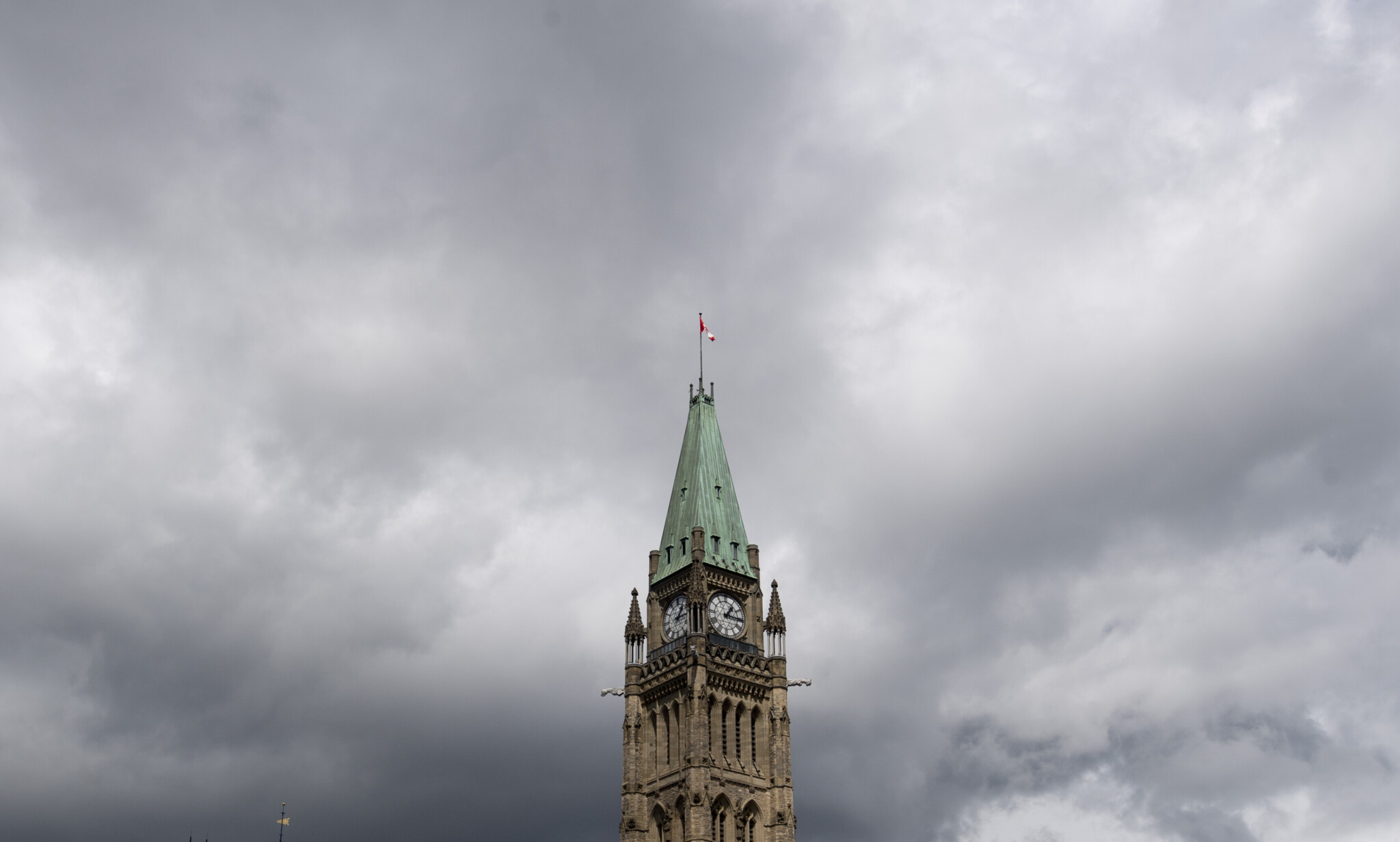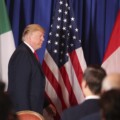Over the past several weeks Toronto has played host to critical conversations about shifting global trade, the new world order, and what it all means for Canada. The one pervasive theme has been the disruptive impact of “America First,” both here at home and globally.
We’d be smart to bet that in three and a half years, America will not revert to its pre-Trump self.
Last November’s re-election of President Trump has been a historic change point, greater than almost anyone imagined. What has become increasingly clear is that over the past nine months, the United States has been crystalizing a revolution that, in hindsight, was a long time coming and whose impacts are only just now starting to be felt. As Prime Minister Carney says, the U.S. relationship with Canada is not just transitioning, it’s ruptured.
This isn’t rhetoric. For decades now, U.S. administrations of all stripes have viewed Canada, Europe, Japan, and other partners as taking unfair advantage. This is the purest iteration of that sentiment.
The twin questions for Canada must be: what does a less dependent engagement with this new America look like, and how can a firmly regionalized Canada swiftly become more self-reliant and prosper?
On the first question, this was the crux of a conversation I had with Trump campaign strategist Steve Cortes at the Toronto Global Forum a few weeks ago. As he bluntly put it, MAGA is a nationalist, populist, America First movement focused on rebalancing the world order.

Protectionism and isolationism are returning as core values after eight decades of hibernation. And as Cortes said, populism, whether on the Right or the Left, is here to stay for the foreseeable future.
Canada can’t wait patiently in the wings, hoping that a new America will come to value us the way they had over the past 80 years. However, it is still possible that in a world of deeply integrated supply chains, going it alone won’t deliver the intended results for the U.S. economy.
So, back to Canada. We must turn our attention to our own redefinition because, as Bank of Canada Governor Tiff Macklem recently warned, our economy is headed towards a permanently lower growth path due to tariffs.
Given the 'America First' shift, how can Canada best foster self-reliance and economic prosperity?
Is a short-term increase in government deficits necessary for Canada's long-term economic turnaround?
How does the article characterize the current U.S. trade policy and its impact on Canada?








Comments (0)